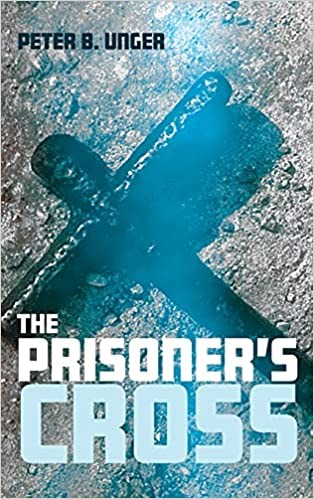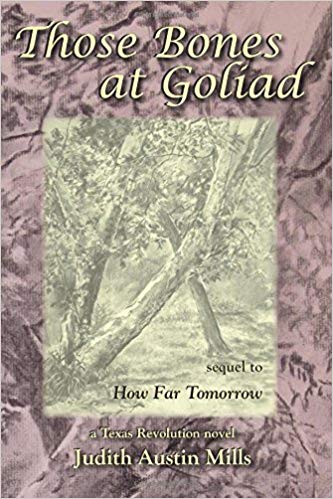The Prisoner’s Cross
Peter Unger, in the The Prisoner’s Cross, examines the complex intersection of personal faith formation and conventional religious thought. What does it mean to have faith in God? How does the complex bureaucracy of organized religion, as exemplified through church structures and strictures, hinder or support a seeker on a journey of faith? Unger examines these questions and others with his fictional account of two men who, at first look, have little in common. However, Unger uses dialog and narrative to demonstrate that the two men actually have much in common.
Don Campbell is a young seminary student carrying a burden of childhood trauma that leaves him angry and questioning his faith. He is the product of a middle-class family, whose father is an unhappy and disillusioned auto worker who dulls his unhappiness with alcohol. Don’s relationship with his father is almost nonexistent and his mother is the emotional center of the family. Unfortunately, Don’s mother and sister are killed by a drunk driver shortly before his final year of community college.
Don’s layered traumas cause him to question his faith as the platitudes of his pastor, such as “it is God’s will,” do little to ease his pain. Don’s guide on his faith journey is Jop De Vries, an older man of Dutch origin, who was incarcerated in Japanese work camps during World War II. Jop undergoes a faith journey in the camps, similar to Don’s current search for faith. Both suffered trauma and loss at an early age, and the relationship they forge forms the heart of the book.
Unger’s thesis of faith underlies the story of Don’s and Jop’s faith journeys. Drawing heavily from the work of Kierkegaard, the Danish philosopher and theologian, Junger posits that there is a conflict between one’s individual formation of faith and conventional Christian beliefs inherent in the institutional church. Faith is not merely being “religious” and attending services. It is a personal choice that exists through an “openness to an experience of grace.” Kierkegaard argues for a “radical leap of faith” in which the seeker must, despite evidence to the contrary, embrace faith in God. It is only through this radical leap that the seeker forms a faith that can supersede the rote systemization of institutional religion.
Unger presents a compelling story of faith formation and individual growth through his account of Don’s and Jop’s faith journeys. The reader will be touched by this thoughtful novel and its philosophical and theological underpinnings. The novel reinforces that faith is not a place, it is a journey, and it is through seeking that one develops faith.
| Author | Peter Unger |
|---|---|
| Star Count | /5 |
| Format | Trade |
| Page Count | 170 pages |
| Publisher | Wipf and Stock |
| Publish Date | 15-Oct-2019 |
| ISBN | 9781532696138 |
| Bookshop.org | Buy this Book |
| Issue | August 2022 |
| Category | Historical Fiction |
| Share |





